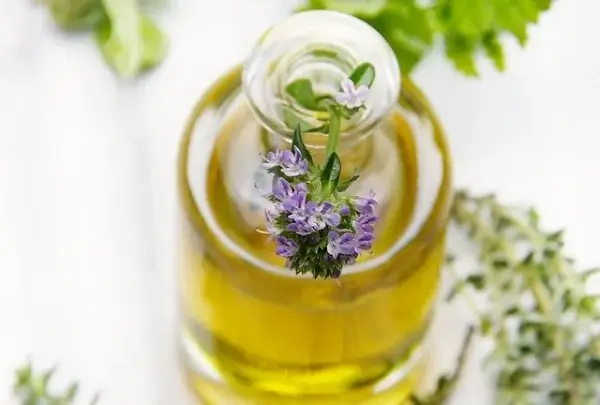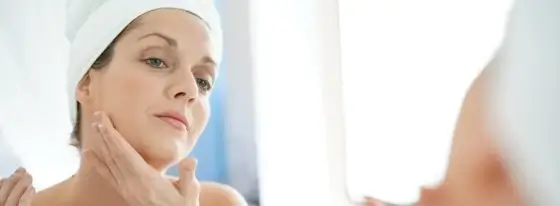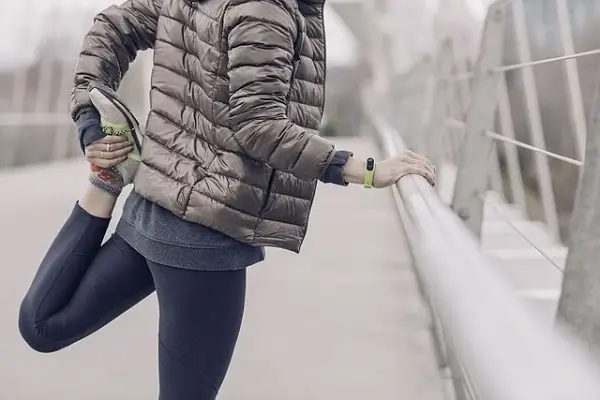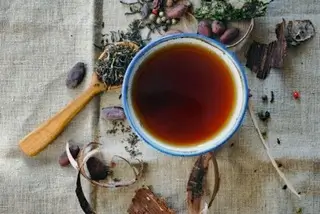
Aromatherapy, the practice of using essential oils and plant extracts to promote physical and emotional well-being, has a long and rich history dating back thousands of years.
The use of aromatic plants and oils for therapeutic purposes can be traced back to ancient civilizations such as Egypt, China, India, and Greece. The Egyptians used essential oils in their religious ceremonies and for medicinal purposes, while the Chinese used aromatic plants in their healing practices. The Greek physician Hippocrates, known as the father of modern medicine, used aromatherapy to treat his patients. He believed that aromatic plants had healing properties and used them in his medical practice.
During the Middle Ages, the use of aromatherapy became more widespread in Europe. The practice was popularised by Avicenna, a Persian physician and philosopher, who wrote extensively about the therapeutic benefits of essential oils and their use in medicine.
In the 19th century, the French chemist Rene-Maurice Gattefosse is credited with coining the term "aromatherapy" and popularizing the practice. Gattefosse discovered the healing properties of lavender essential oil when he accidentally burned his hand and found that the oil relieved his pain and promoted healing.
Since then, the use of aromatherapy has continued to grow in popularity. Today, essential oils and aromatherapy are used in a variety of settings, including spas, and homes. Aromatherapy is used to promote relaxation, relieve stress, ease pain, and improve mood and overall well-being. More and more hospitals allow using essential oils in hypnobith, and mums are swearing by using a few drops of essential oil in air humidifiers to keep germs at bay in colder months.
It is important to note that while aromatherapy can be beneficial, it is not a substitute for medical treatment. It is always important to consult with a healthcare professional before using essential oils or any other form of alternative therapy.
Did you know: the most famous Egyptian use of aromatic botanicals is in mummification. In preparing the bodies of the deceased for burial, embalmers used various botanicals such as cinnamon, resins such as frankincense and myrrh, and an early form of cedar or juniper essential oil. Nowadays, frankincense is widely used in meditation practices thanks to its anti-inflammatory and anti-neurotic effects.
Try JUST Meditation Essential Oil to experience the power of herbal relaxation magic.




